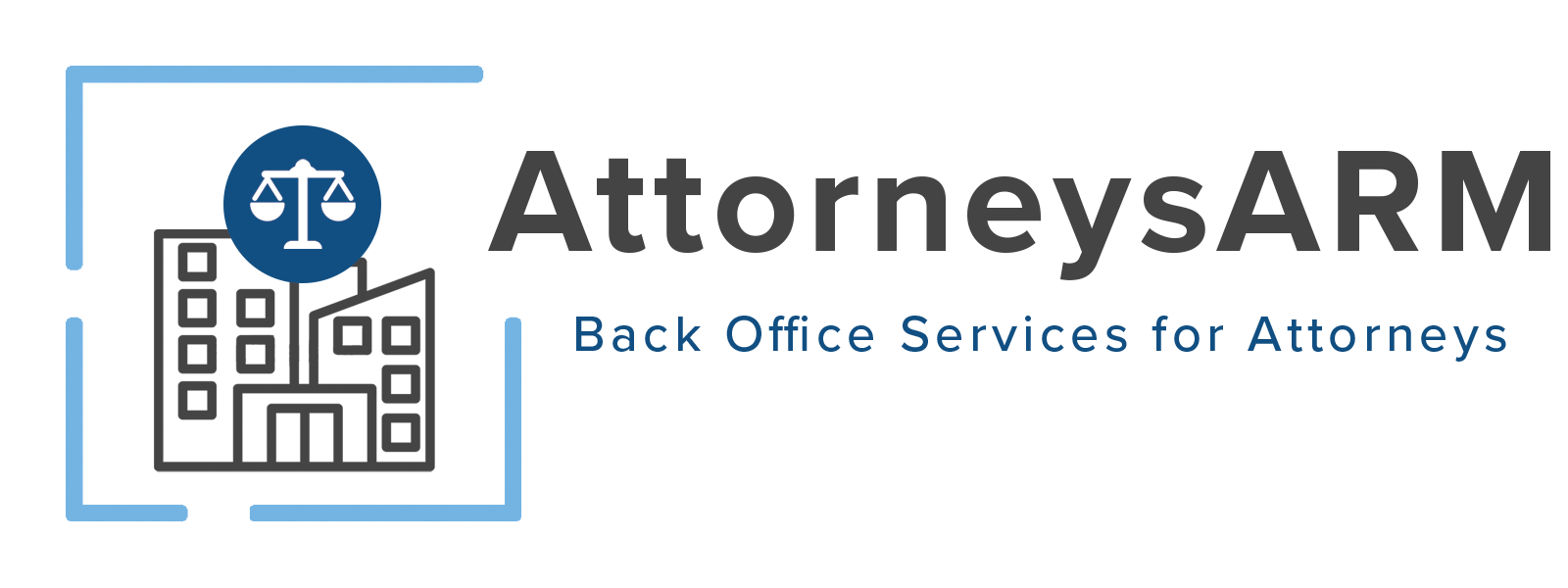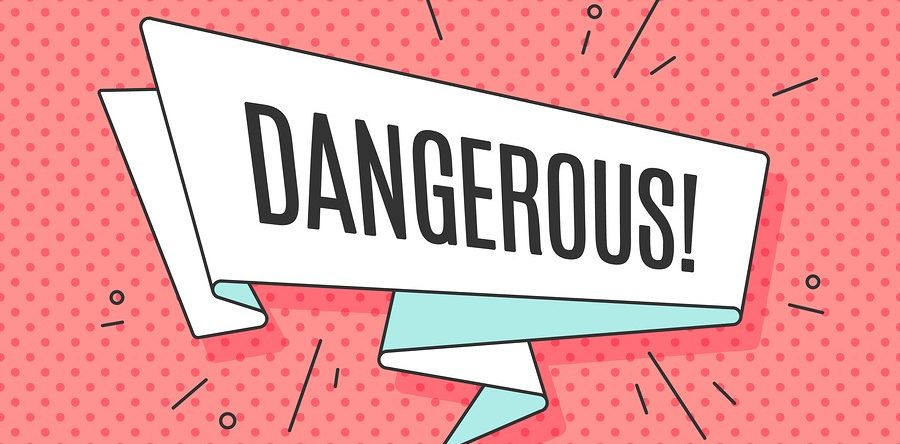Billing and collections are a normal part of business life. They can take up a lot of time. Because of this, many business owners may hire one or more team members to help with this area of their business. Yet, there may not be written guidelines for billing and collections in place to help guide the process. Sometimes, business owners try to hold tight to their accounts receivable. As they become more pressed for time, they may take short cuts or ignore certain aspects of their business. Both situations can lead to being careless with billing and collections. That can be dangerous for your business.
The Dangers of Careless Billing
Your business could be engaged in dangerous billing practices and you may not even realize it. Dangerous billing practices include, but are not limited to:
Not creating invoices at the end of the billing period. If you’re not creating invoices when you should, you may forget, lose records, or even create an inaccurate invoice. This can lead to clients becoming upset over inaccuracies and they may not pay you what you’re owed or they may take their business elsewhere.
Not mailing or emailing invoices on time. Make sure that you have a policy in place that covers when invoices will be sent out to clients. This could be once a week, once a month, or even the day that services are rendered. If clients don’t know when to expect their invoice, they are less likely to pay on time. When clients know when to expect their invoice, they can plan to pay.
Not knowing the statutory limit for late fees for your state. While this can also fall under the collections section of this article, you can solve a lot of future problems by being proactive during the billing phase. Most states have a law that limits the amount of interest you can charge. In some states, that can be waived if the client signed a contract agreeing to pay a different late fee amount. However, don’t leave yourself open to lawsuits by overcharging your clients according to the law.
Poor credit control policy. If you have a poor credit control policy, you can create more defaulted accounts in the future. A credit control policy is a policy that determines how a credit line is determined, if and when the credit line will be increased, and may also include information about payment plans. A poor credit collection policy could mean that you give too much credit and your clients aren’t able to pay their bill.
Not reconciling payments as they arrive. This is a danger because unless your clients pay online and your system automatically updates, you run the risk of having accounts marked late that aren’t actually late. You also run the risk of misplacing checks and stolen cash.
The Dangers of Careless Collections
The collections process can be difficult on its own. Yet, there are some things that you could be doing that makes the process dangerous for your business.
Lawsuits filed against your business. The number one danger of careless collections is the risk of defending yourself and your business against a lawsuit. If you or your employees violate state or federal law related to the collections process, a lawsuit could be filed against your business. You must pay attention to how debtors are treated and the last time that your company received a payment on a past due invoice.
The inability to receive financing. Default accounts affect your bottom line. This means that they affect your ability to receive financing if you need it. If you neglect past due accounts simply because you don’t want to mess with them, you are hurting your business.
Get Help with Your Billing and Collections
If you want to avoid the dangers of billing and collections, schedule your free consultation with Clients ARM now. With more than 30 years of experience, we can help you establish and maintain your billing procedures, help with invoicing and payment, and even help you with both first and third-party collections. And, we do this at just a fraction of the price it costs to hire a traditional employee. Get the experienced help you need right now. Contact Clients ARM today!




